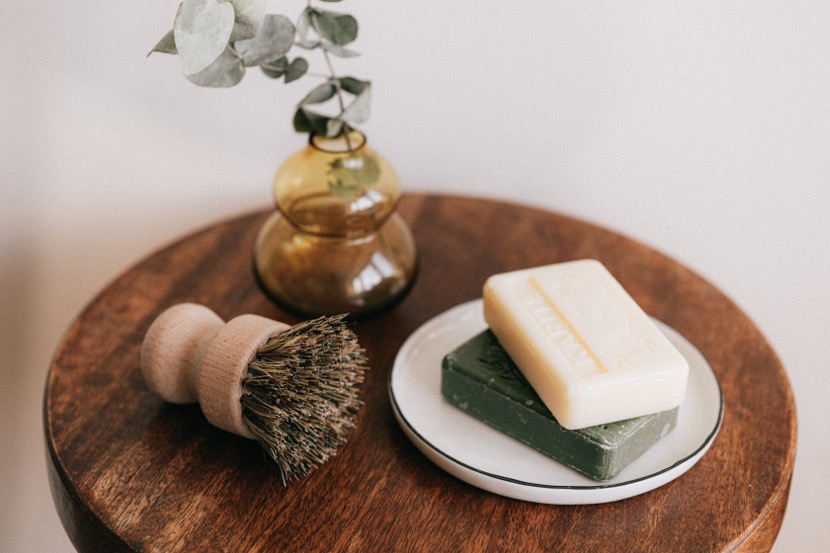Here’s when you should save it for the dishes.
While various cleaning products abound in grocery, hardware, and big-box stores, often a mixture of warm water and a couple of squirts of mild dish detergent suffices for cleaning numerous everyday household items.
Naturally, there are exceptions to this, with electronics being a prominent example. Additionally, there are specific utensils, items of furniture, and other goods that, while technically washable or spot-treatable with soap, are not recommended for such cleaning. The following examples highlight household items that are best not washed with soap, along with suggested alternatives.
While it is feasible to clean the items listed below (or at least certain components of them) using dish soap, there are superior and more efficient methods to ensure their cleanliness:

Carpets and rugs: While dish soap can typically remove stains and dirt from carpets or rugs, it might penetrate the fibers, leaving the area somewhat sticky even after rinsing. Subsequently, that particular spot on the carpet could attract dust, dirt, dander, and other debris. Opt for a specialized carpet cleaning product or pure white distilled vinegar (without baking soda) as an alternative.

Clothing (excluding pre-treating food stains): Disregard TikTok laundry “hacks” suggesting the use of dish soap in your washing machine to enhance clothing brightness. This not only poses a risk to the appliance, which isn’t equipped to handle high-sudsing soaps, but it can also diminish the longevity of your garments, leaving them coated in a film and rigid. There is, however, one exception to this rule: Dish soap’s grease-cutting capability makes it effective for pre-treating food stains on clothing. Beyond that, store it away and opt for conventional laundry detergent.

Leather furniture and other items: Using dish soap or other all-purpose detergent-based cleaners can result in the drying out of leather furniture, coats, bags, and similar items. It is advisable to opt for saddle soap or a specialized leather cleaner instead.

Mirrors, glass shower doors, and windows: While you may use dish soap for washing drinking glasses in the sink, it’s not the ideal choice for other glass and reflective surfaces in your home. The reason is simple—they are more challenging to rinse thoroughly. This often leads to the presence of a soapy film on windows, shower doors, or mirrors, attracting dirt and dust and resulting in streaks. Following thorough testing of various store-bought products and DIY solutions, Consumer Reports cleaning experts suggest using a diluted ammonia-based window cleaner for optimal results.

Water-repellent fabrics: Avoid using dish soap or regular laundry detergent when washing water-repellent items such as jackets and camping gear, as they can remove the protective weatherproof coating. Instead, invest in detergents explicitly designed for water-repellent materials, available from brands like Gear Aid and Nikwax, to extend the lifespan of your outdoor garments and gear.

Wooden kitchen utensils: It’s advisable to hand-wash wooden kitchen utensils, as boiling or running them through the dishwasher can lead to splitting or cracking. While using a small amount of dish soap for stubborn food residue won’t cause significant harm, it’s recommended to rinse them with water promptly. Follow this with a solution of one-part water and one-part distilled white vinegar for stains or dried food. Additionally, remember to treat them with mineral, walnut, tung, or linseed oil.

Wood floors and furniture: Employing dish soap for cleaning solid wood floors or furniture (excluding vinyl or veneer) can remove their natural oils and protective finishes, making them susceptible to damage. Luckily, there are alternative items likely available in your pantry, such as mayonnaise and toothpaste, that can be used for this purpose.

[…] Check on previous post Everyday Items That Are Best Cleaned Without Soap. […]